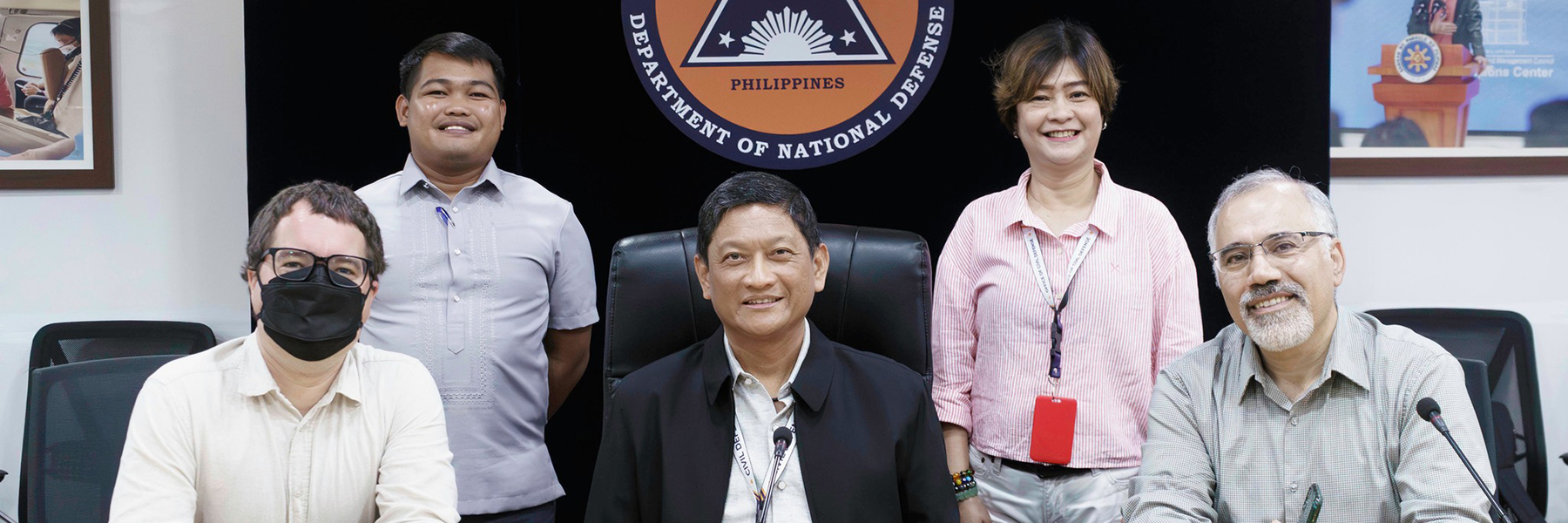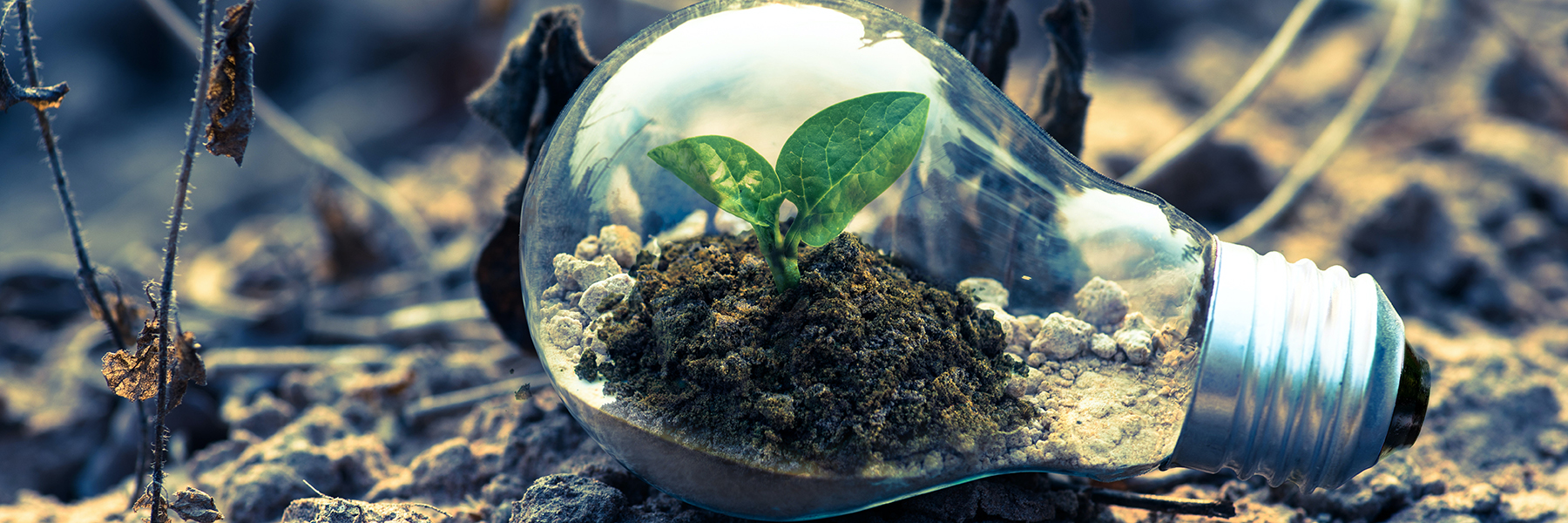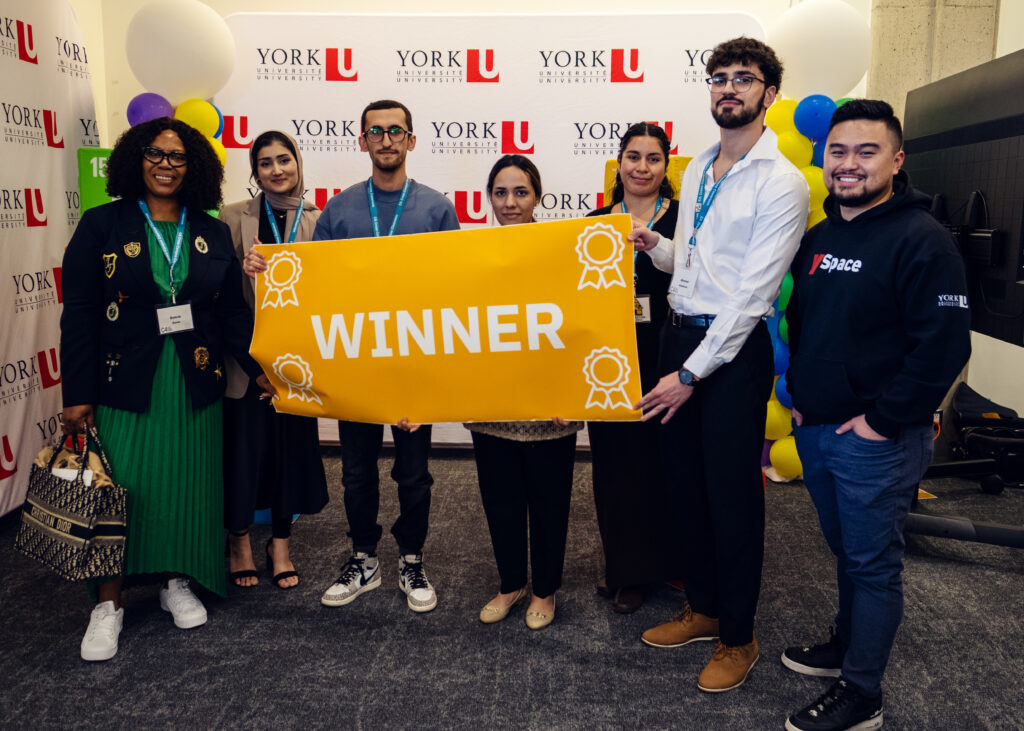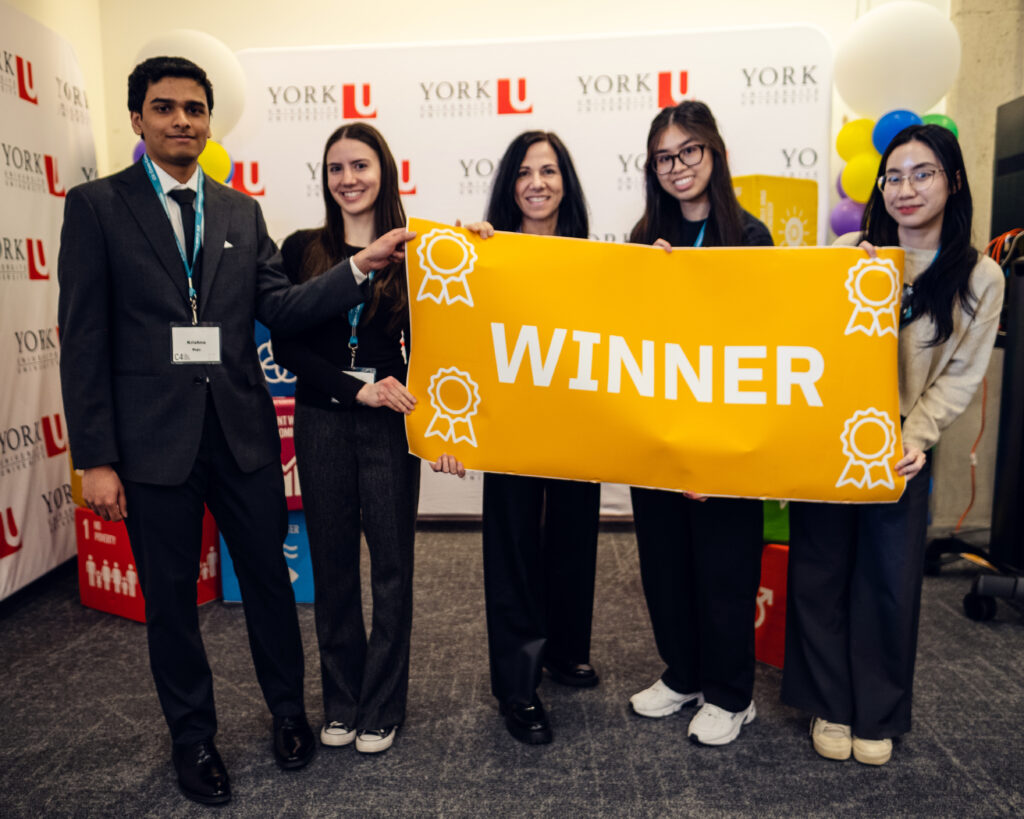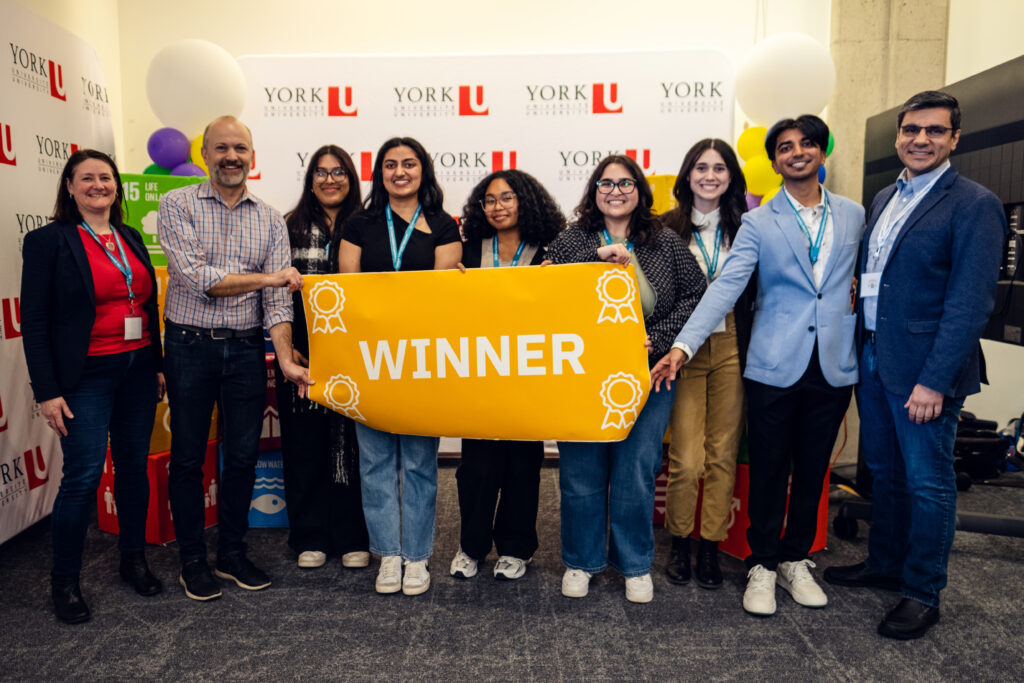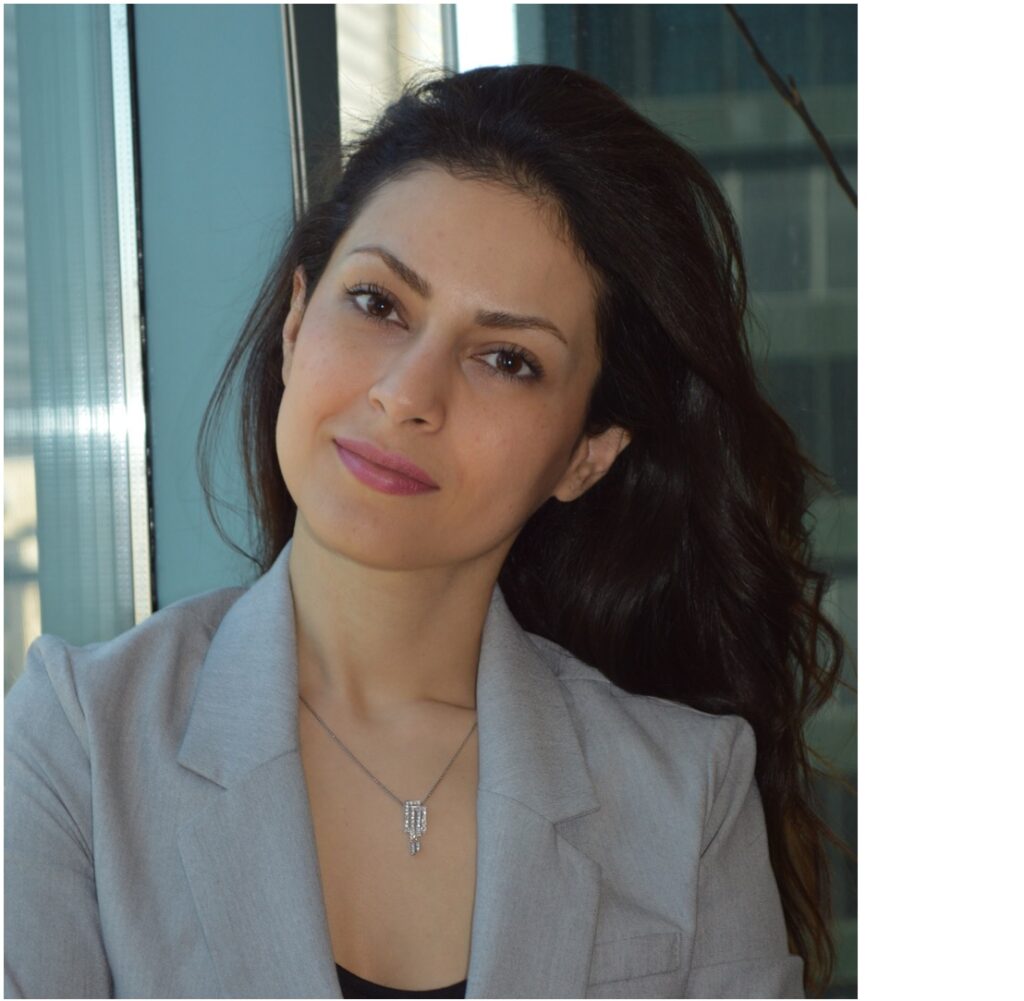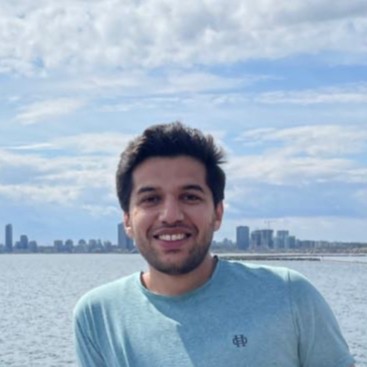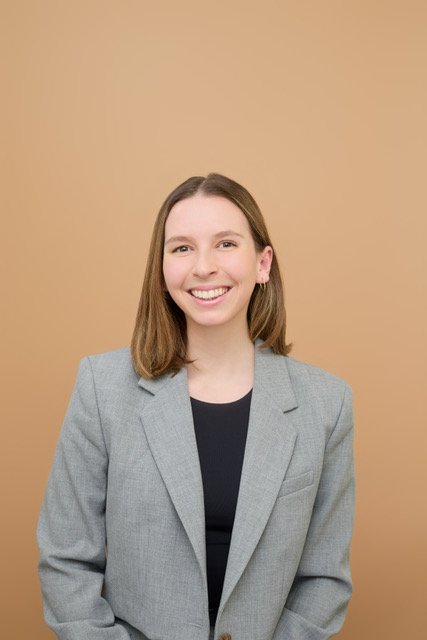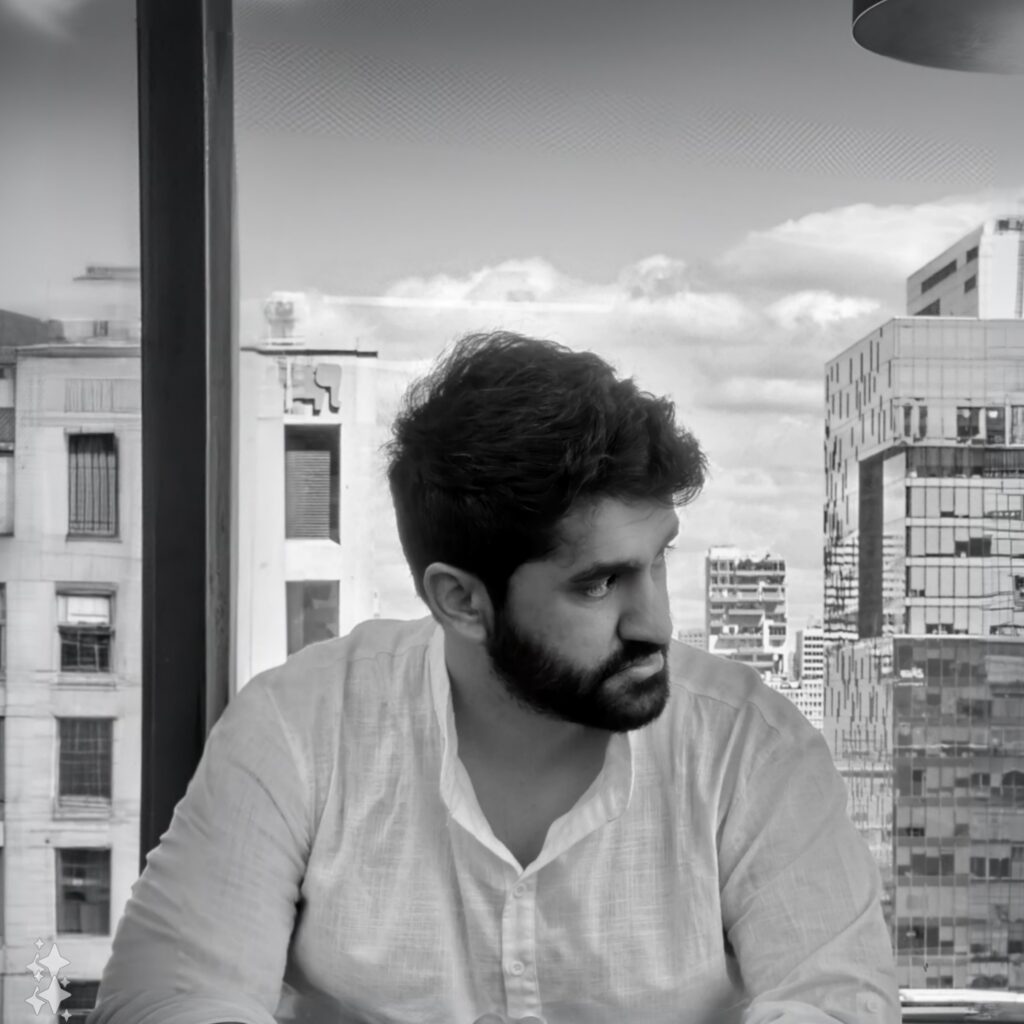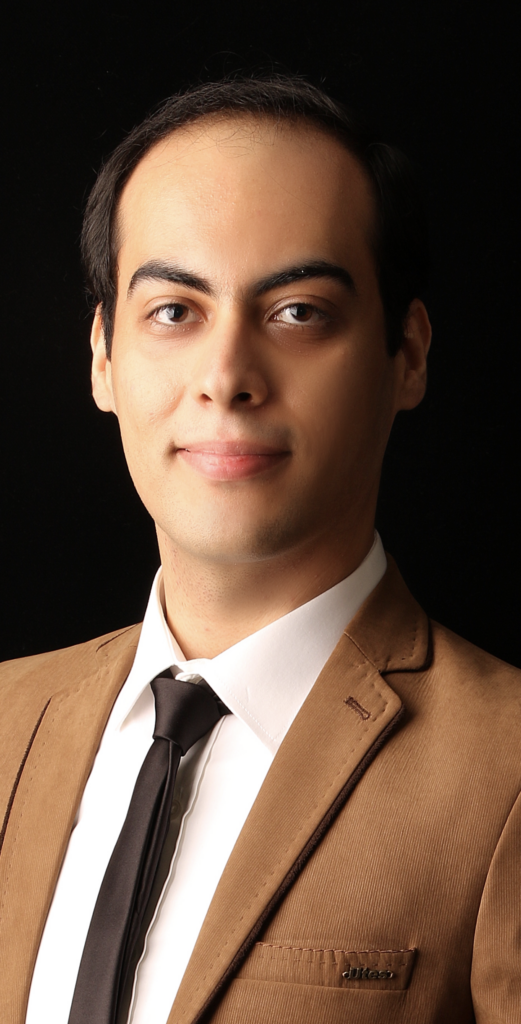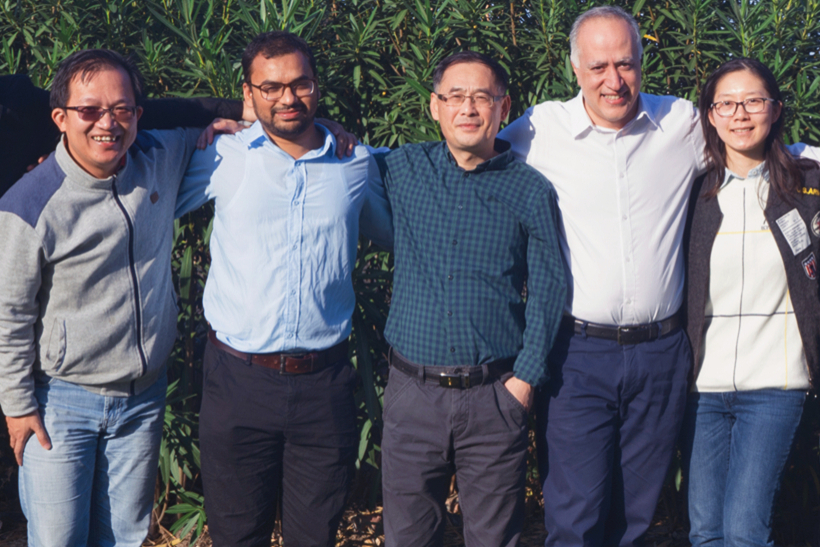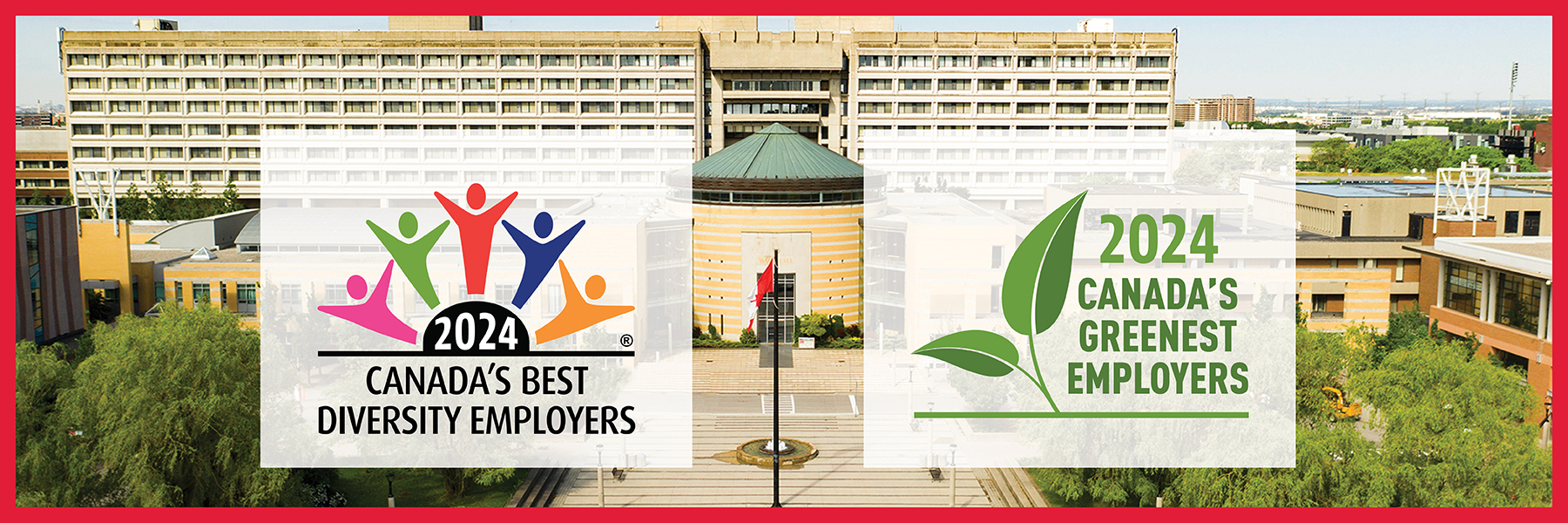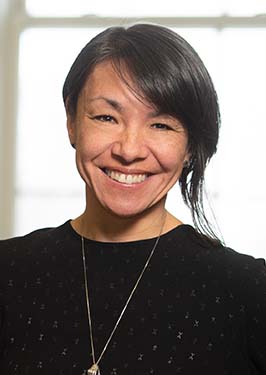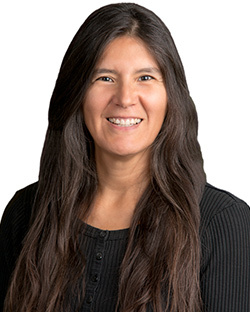By Elaine Smith
Members of the York Emergency Mitigation, Engagement, Response, & Governance Institute (Y-EMERGE) have travelled to the Philippines to establish a memorandum of understanding (MOU) with the country’s Civil Defense Training Institute (CDTI).
Earlier in 2024, Ali Asgary and Eric Kennedy, professors of disaster and emergency management and associate directors of Y-EMERGE – a York University Organized Research Unit dedicated to research and training in disaster risk reduction and emergency preparedness – were invited to Manila for the launch of CDTI and the MOU signing ceremony.
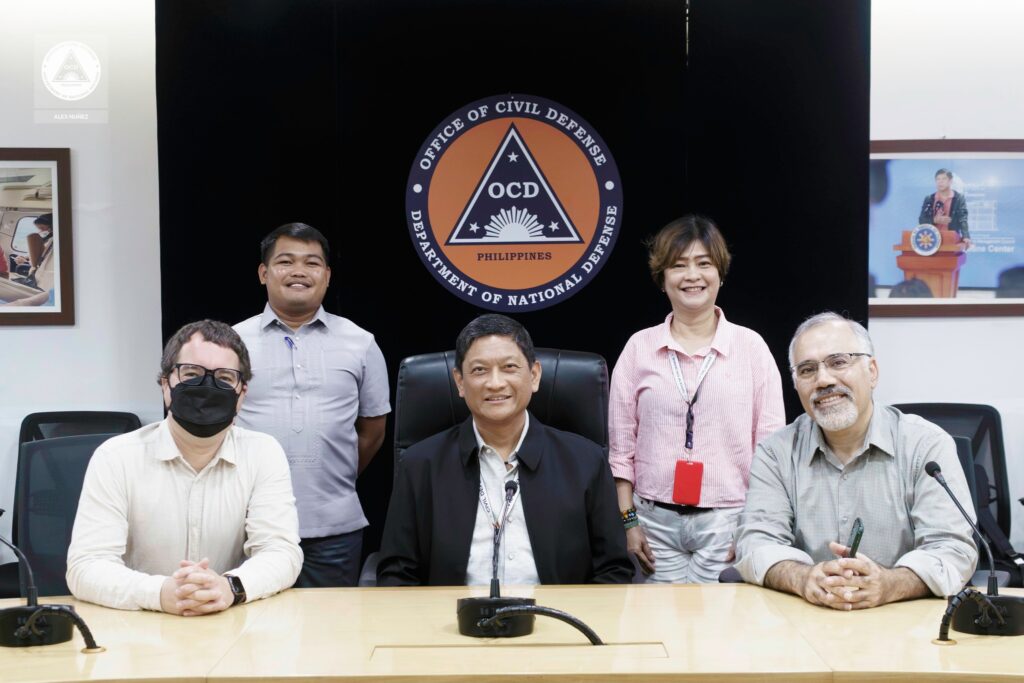
The partnership – and trip – grew out of an earlier visit to the Philippines by Provost and Vice-President Academic Lisa Phillips in November 2023 (as part of the Universities Canada Partnership Mission) where queries emerged about areas of specialization that York had in common with the country and its researchers.
Because the Philippines is ranked among the most disaster-prone countries in the world, and York’s Y-EMERGE is a national leader in emergency management, a natural fit was quickly found.
Asgary and Kennedy travelled to Manila in March for the official MOU signing, which also included a discussion about short-, medium- and long-term collaborations with York. CDTI was very interested in the work of York’s Advanced Disaster, Emergency and Rapid Response Simulation (ADERSIM) team – where Asgary is a core scientist – as well as the University’s technology and training.
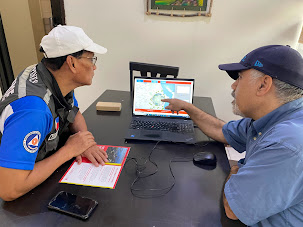
“We had great discussions with the senior people there,” Asgary says. “They are keen to collaborate, knowing that York has strong research and training expertise in disaster management. This formal collaboration initiative through the MOU makes it more impactful.”
The agreement is especially meaningful, since 2024 marks the 75th anniversary of Canada-Philippines diplomatic relations.
The professors also used the trip to further other York partnerships, collaborate and make new contacts. Asgary and Kennedy connected with CDTI personnel, and visited with disaster and emergency management experts at the University of the Philippines’ Resilience Institute. They also met with CIFAL Philippines, a sister organization to CIFAL York – both part of the United Nations Institute for Training & Research.
“We used this trip as a way to advance University partnerships in areas where York has exceptional strengths,” Kennedy says. “Building collaborative relationships with institutions in the Philippines is a natural connection point, given both sides have significant expertise in disaster and emergency management – and given the many hazards, including volcanoes, typhoons and earthquakes, faced in the Philippines.
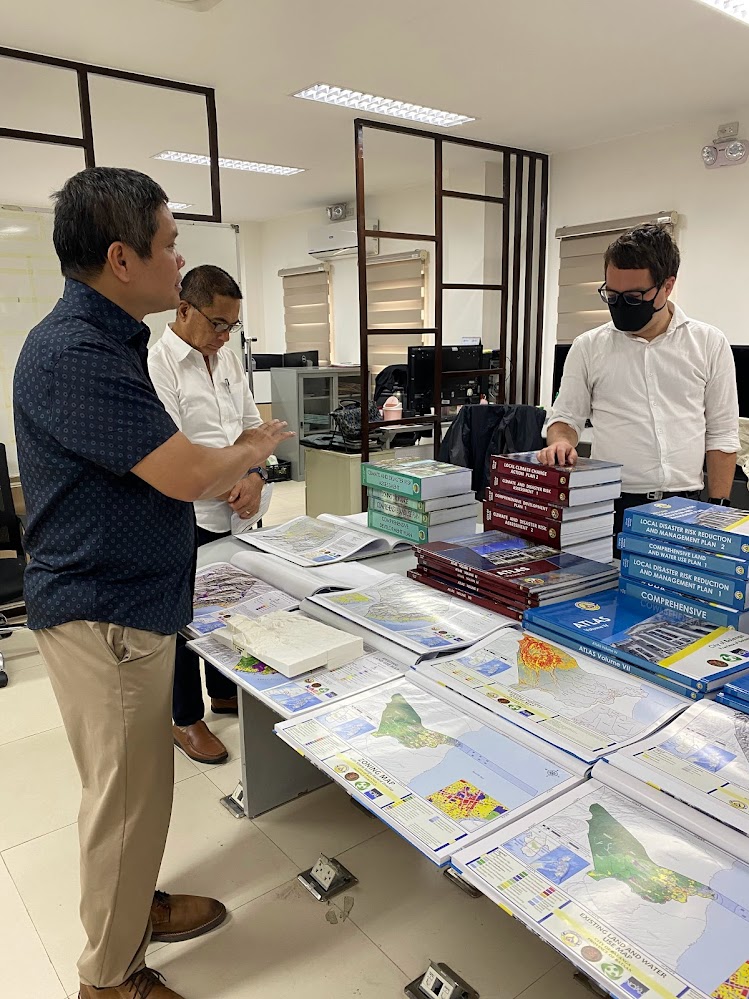
“The idea is to build mutual learning, collaboration and opportunities for exchange. Our new CDTI partners have an incredible amount of lived experience in managing a wide variety of hazards. Creating relationships and partnerships is so much more valuable than simply importing solutions. The best programs are born out of collaboration, so we are eager to work together to build resilience, conduct research and train the next generation of emergency leaders.”
The first product of the new partnership will be a monthly virtual speaker series about climate change displacement, an issue that is a focus for CIFAL Philippines, the Resilient Institute and the CDTI, which will begin in June as a way to share expertise and resources. It is a practical first step for the partners to undertake, but it promises to be the first of many, including research collaborations and potential student exchanges.
Asgary and Kennedy also met with numerous faculty members at the University of the Philippines for a presentation about some of their current projects and a tour of their various labs. They were able to assess where synergies exist and connect York colleagues with researchers who have similar interests.
In addition, Asgary, a specialist in volcanic emergencies and emergency simulations, and Kennedy, an expert in wildfire emergencies and decision-making during disasters, were each able to find commonalities with Filipino researchers and consider individual research collaborations.
Asgary also had the opportunity to visit two active volcanoes, as well as volcano observatories, facilitated by CDTI and their regional directors, and is already busy in working on simulations used for planning and training.
“We can now broker mutually beneficial connections and match up teams in both directions,” Kennedy says. “It was also a fruitful space to foster relationships beyond those with our three official partners. At the launch, we met representatives from a variety of organizations with overlapping interests, such as the World Food Programme and the International Organization for Migration.
“It is so important that York prioritizes this kind of in-person relationship building. There are a lot of ways to sustain relationships in the virtual world, but they are built on the foundation of in-person relationships. In-person connections are incredibly valuable.”
Vinitha Gengatharan, York’s assistant vice-president, global engagement, says Asgary and Kennedy are modelling the type of relationship the University is eager to create with its international partners.
“Knowledge sharing, respect and mutually enriching collaboration are vital ingredients for successful international partnerships,” Gengatharan says. “Ali and Eric set the standard for the type of relationships we continue to build worldwide.”
The seeds of this relationship may have just been planted, but they are already bearing fruit.


